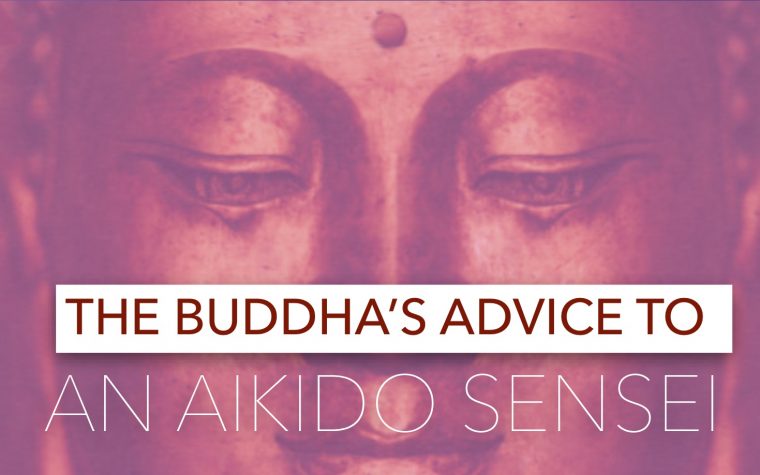CANCELED DUE TO COVID-19 PANDEMIC! – Tai Sai 2020 Seminar with Miles Kessler Sensei, 6th dan
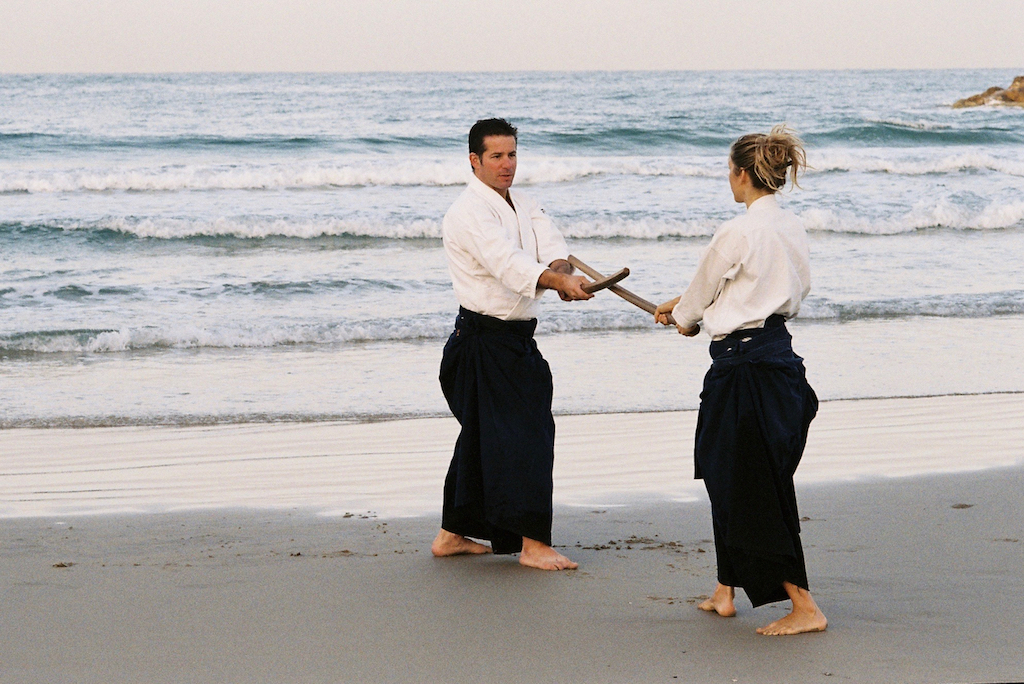
CANCELED DUE TO COVID-19 PANDEMIC! – Integral Aikido Seminar w Miles Kessler – Krutzlingen, Switzerland

Friendship Seminar w/ Thorsten Schoo & Miles Kessler | Frankfurt, Germany
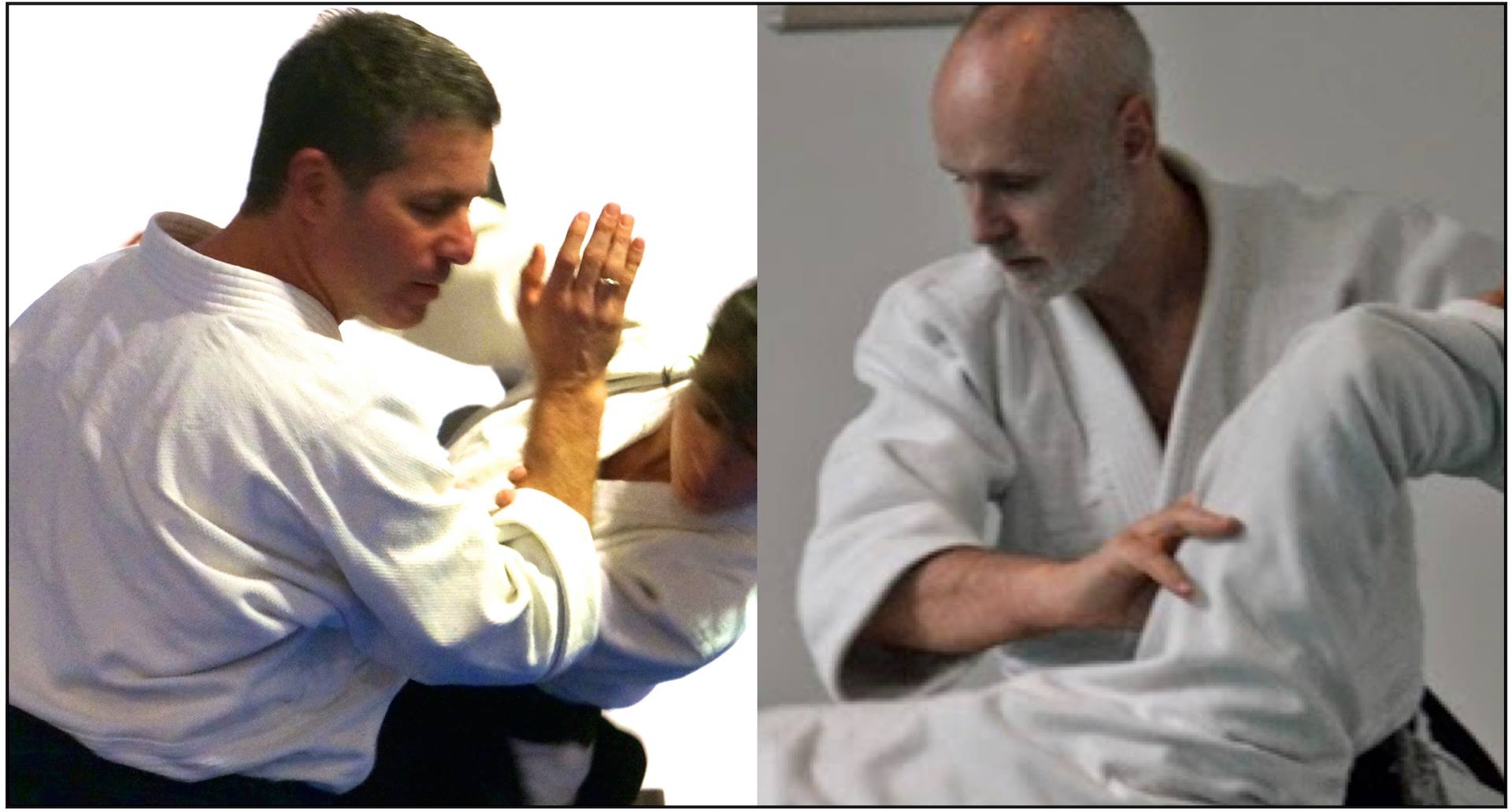
Aikido & Non-Duality Retreat w/ Patrick Cassidy, Miles Kessler, & Dr. Dominique Cassidy

In the Zen tradition, they often use the metaphor of “the finger pointing to the moon.” The “finger” here, refers to practices that point towards the moon or, a non-dual awakening. But even though “fingers” point the way, the pointing practices themselves cannot get you to a direct experience of the moon. Simply put, when it comes to non-duality, you can’t get there from here. If this is the case then we should ask, what exactly are the conditions for Non-Duality In Aikido?
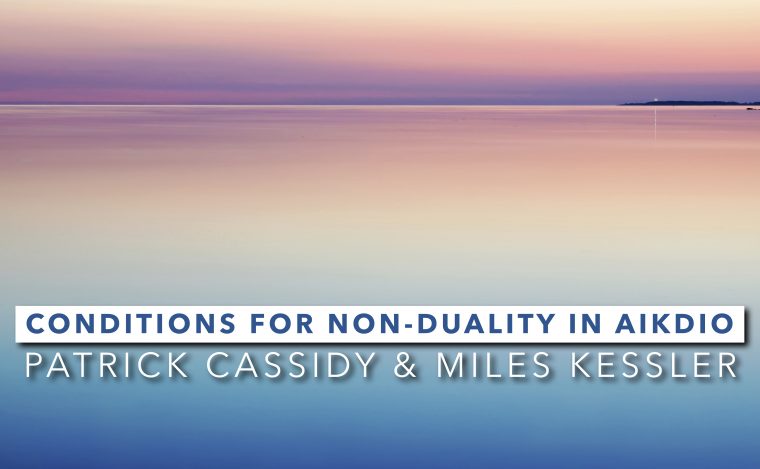
Nothing is more separating than conflict. Nothing is more unitive than spirituality. The martial art of Aikido attempts to walks this impossibly thin line as a “spiritual martial art.” If this is the case, then what does an expression of Aikido’s spiritual essence look like? If we are all spiritually connected, ultimately One, or not-two, then how can we express this non-duality in conflict? These are the questions I explored with Dan Messisco Sensei (6th dan Aikikai) in our recent Aiki-Discussion on Aikido & Non-Duality.
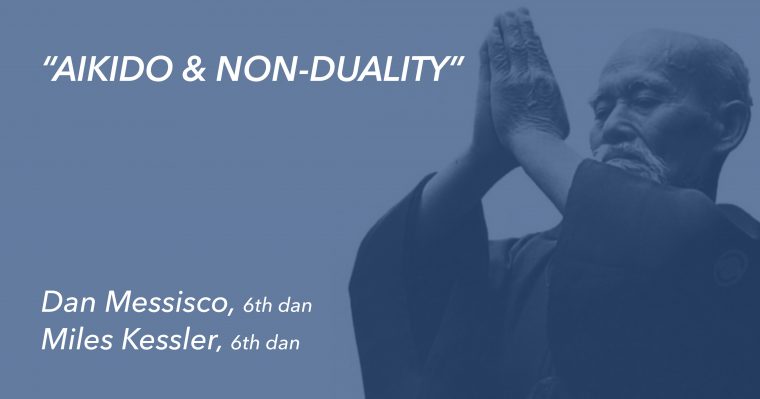
Aikido & Non-Duality | Dan Messisco & Miles Kessler | Memorial Day Seminar
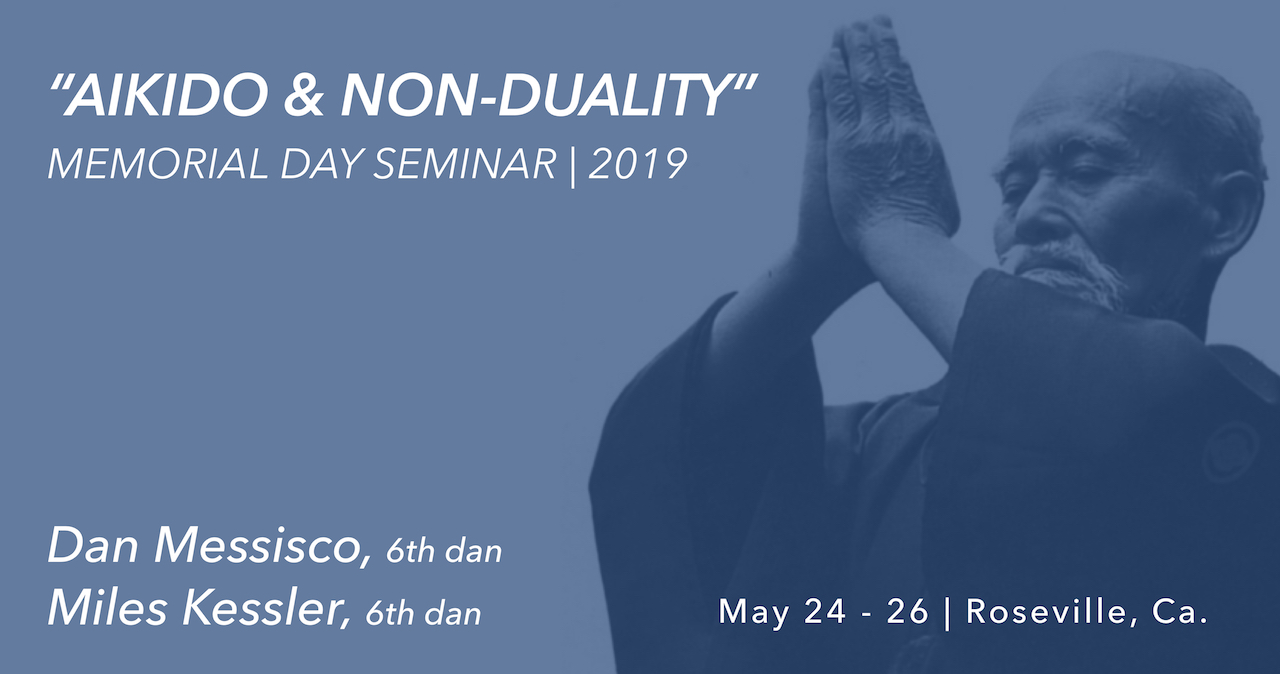
Aikido Friendship Seminar – Vince Salvatore & Miles Kessler
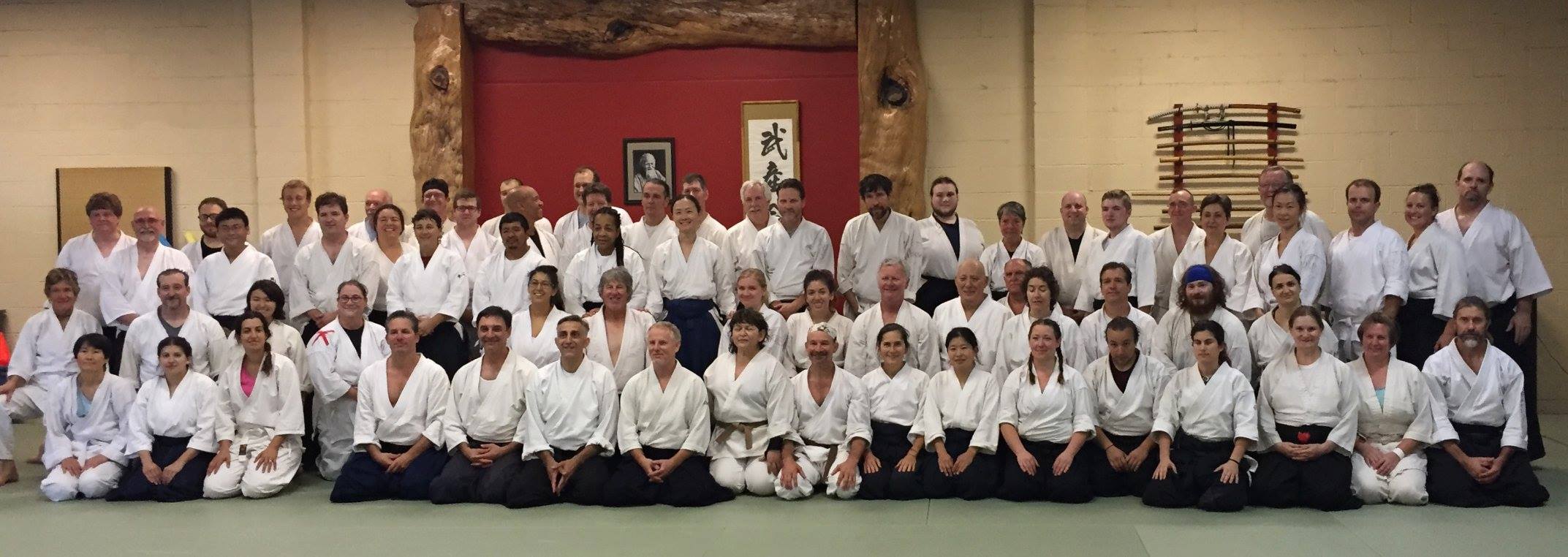
What does it mean to create mastery in Aikido? Does mastery mean you are an untouchable fighting machine who’s better faster and stronger than everyone else? Or you are able to resolve any conflict that you meet in life, or that you have the demeanor of a Zen master? Let’s take a look at these questions through the lens of the traditional Japanese system of Shu-Ha-Ri: 3 Stages Of Mastery In Aikido.
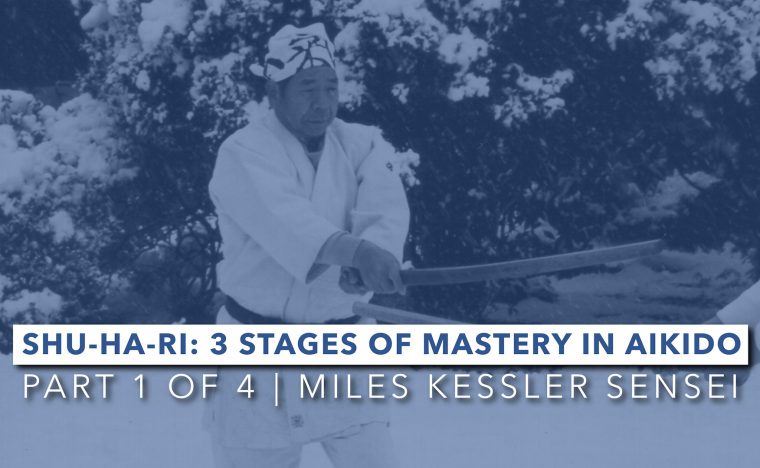
The early Buddhist term for a teacher is a “Kalyanamitta” – which means a “Noble Friend.” I love this phrase because it reframes the role of the teacher and student, and how this holy relationship impacts your life. In this blog post, I will share with you the advice the Buddha gave in his teaching on the 5 qualities of a “Nobel Friend.” As Aikido is a higher path of practice, I think that these guidelines are especially relevant to Aikido teachers. This is the Buddha’s advice to an Aikido Sensei.
